
- Community-led organizations restoring landscapes with Indigenous Peoples in Indonesia and Kenya have been recognized by the United Nations Development Programme.
- Ranu Welum Foundation, leading the GLFx Kalimantan chapter, and Nature and People As One (NaPO), co-founded by the GLFx Africa Hub Officer, were selected from over 700 nominations.
Bonn, Germany (19 Aug 2025) – This August, the United Nations Development Programme (UNDP) honored 10 nature-based solutions with the Equator Prize 2025 – out of 700 nominees – led by Indigenous Peoples and local communities across the Global South under the theme “Nature for Climate Action.”
Among them are two organizations at the heart of the Global Landscapes Forum (GLF) and it’s GLFx network of grassroots initiatives: Ranu Welum Foundation (Indonesia) and Nature and People As One – NaPO (Kenya).
They join fellow GLFx members Instituto Zág (leading GLFx Zág Xokleng in Brazil) and Uru Uru Team (spearheading GLFx Uru Uru in Bolivia), alongside more than 300 community-based organizations honored with the Equator Prize since 2002.
Climate action with Dayak communities in Indonesia
Working across forests, wetlands and rivers in Central Kalimantan, the women- and youth-led Indigenous Ranu Welum Foundation was recognized for its work in biodiversity conservation, community-based adaptation to climate change and sustainable forestry.
As leader of the GLFx Kalimantan chapter, the foundation focuses on preserving indigenous land and heritance by actively battling increasing peatland fires and restoring degraded areas, protecting endemic biodiversity, and amplifying the relevance of Indigenous knowledge in forest protection. GLFx Kalimantan’s vision and action are driven by young people who centers its work on Talekoi, one of the oldest Dayak communities in South Barito Regency, Central Kalimantan.
“We are deeply humbled and gratified to receive the Equator Prize 2025. This award reflects the collective efforts of our dedicated team, community partners, and the inspirational spirits of Dayak people. This recognition empowers us to continue our journey as we know now that we are heard, never alone”, said Emmanuela Shinta, founder and Board of Trustees’ member at Ranu Welum Foundation
“This recognition has a very significant impact and becomes a deep inspiration for our work and initiatives at GLFx Kalimantan as well as for the communities involved with us. For us, the Equator Prize is not just an award, but a testament to over a decade of long journey of grassroots movement born from the spirit of indigenous youth to protect forests, culture, and their communities from the climate crisis,” said Roro Garini, Director of the Foundation.
Restoring drylands with pastoralist communities
In the grasslands, drylands and mountains of Karare, Marsabit Province in northern Kenya, the women- and youth-led Indigenous organization Nature and People as One (NaPO) was recognized for its inclusive model for elevating pastoralist community solutions such as the Ramat and the NaPO Conservation Cup for ecosystem-based adaptation and biodiversity conservation.
“The Equator Prize is a powerful tribute to the enduring knowledge and practices of the Indigenous Rendille and Samburu people of Marsabit, Kenya. They are the expert stewards, and the intricate knowledge of their landscapes is our most vital tool against environmental degradation and biodiversity loss. For the NaPO team, this award is a profound validation of our collaborative approach that is based on deep listening. For our community, it is a global megaphone for their voice and agency. For me, it strengthens my resolve to champion locally-led practices both at the local and regional levels. This recognition illustrates that the future of our landscapes rests in the hands of its traditional stewards,’’ said Adrian Leitoro, co-founder of NaPO, 2022 Dryland Restoration Steward and GLFx Africa Hub Officer.
“We are beyond proud and deeply honored to celebrate these recognitions. For the past four years, we have partnered directly with the Ranu Welum Foundation as host of GLFx Kalimantan, witnessing their remarkable growth as a youth-led Indigenous organization,” said Ana Yi Soto, GLFx Coordinator.
“We are equally proud of Adrian Leitoro and the NaPO team in Kenya. Adrian’s journey, from 2022 Dryland Restoration Steward and co-founder of NaPO to GLFx Africa Hub Officer, embodies the spirit of community-led restoration and the valuable connections that can be created between the landscapes we restore and the global community for restoration.”
###
NOTES TO EDITORS
For more information or to arrange interviews, contact Kelly Quintero (k.quintero@cifor-icraf.org)
About GLFx
GLFx is a network of independently organized, community-oriented and grassroots initiatives transforming their landscapes from the ground up and advocating for policy change. GLFx is designed to accelerate local action toward global landscape restoration by connecting members with the knowledge, tools and networks necessary to achieve lasting and holistic change. GLFx is supported by the German entities Federal Ministry for the Environment, Nature Conservation and Nuclear Safety and Consumer Protection (BMUV), the International Climate Initiative (IKI) and the Federal Ministry for Economic Cooperation and Development (BMZ), as well as the Robert Bosch Stiftung and International Model Forest Network (IMFN) with support from the Government of Canada.
Learn more at globallandscapesforum.org/about-glfx/.
About the GLF
The Global Landscapes Forum (GLF) is the world’s largest knowledge-led platform on integrated land use, connecting people with a shared vision to create productive, profitable, equitable and resilient landscapes. It is led by the Center for International Forestry Research and World Agroforestry (CIFOR-ICRAF), in collaboration with its co-founders UNEP and the World Bank, and its charter members.
Learn more at www.globallandscapesforum.org.




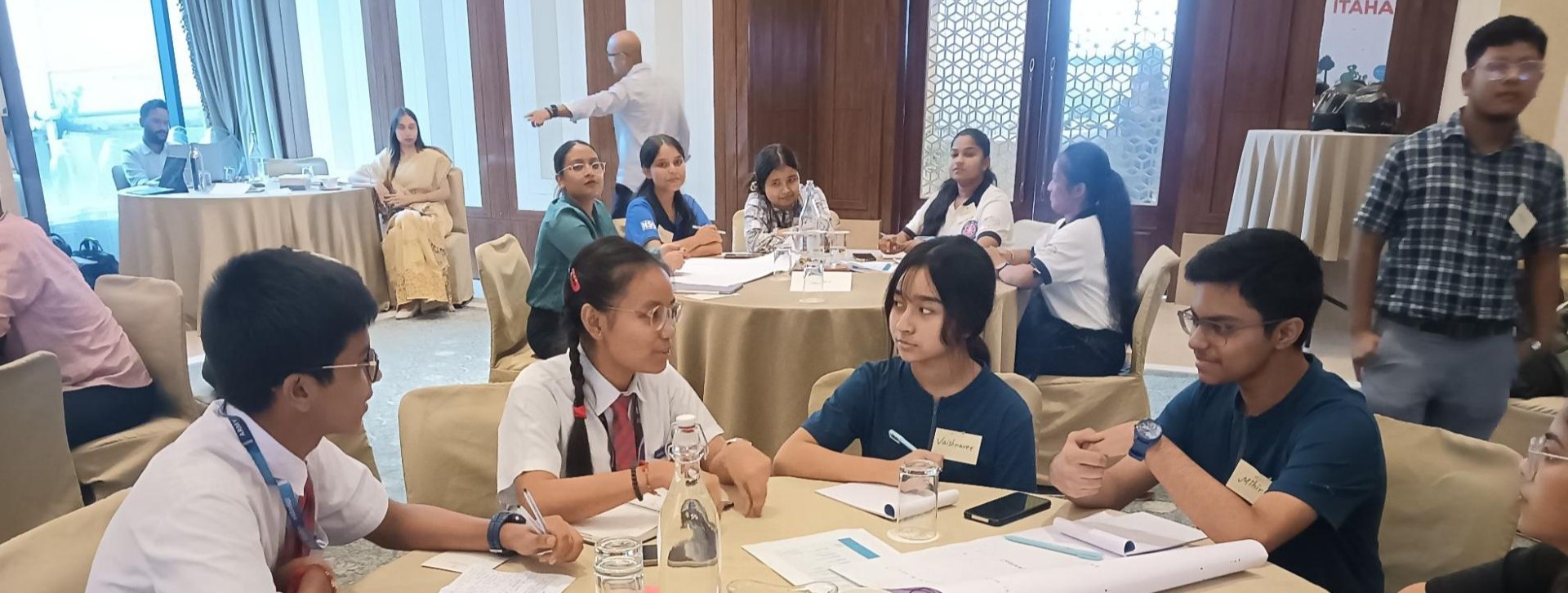
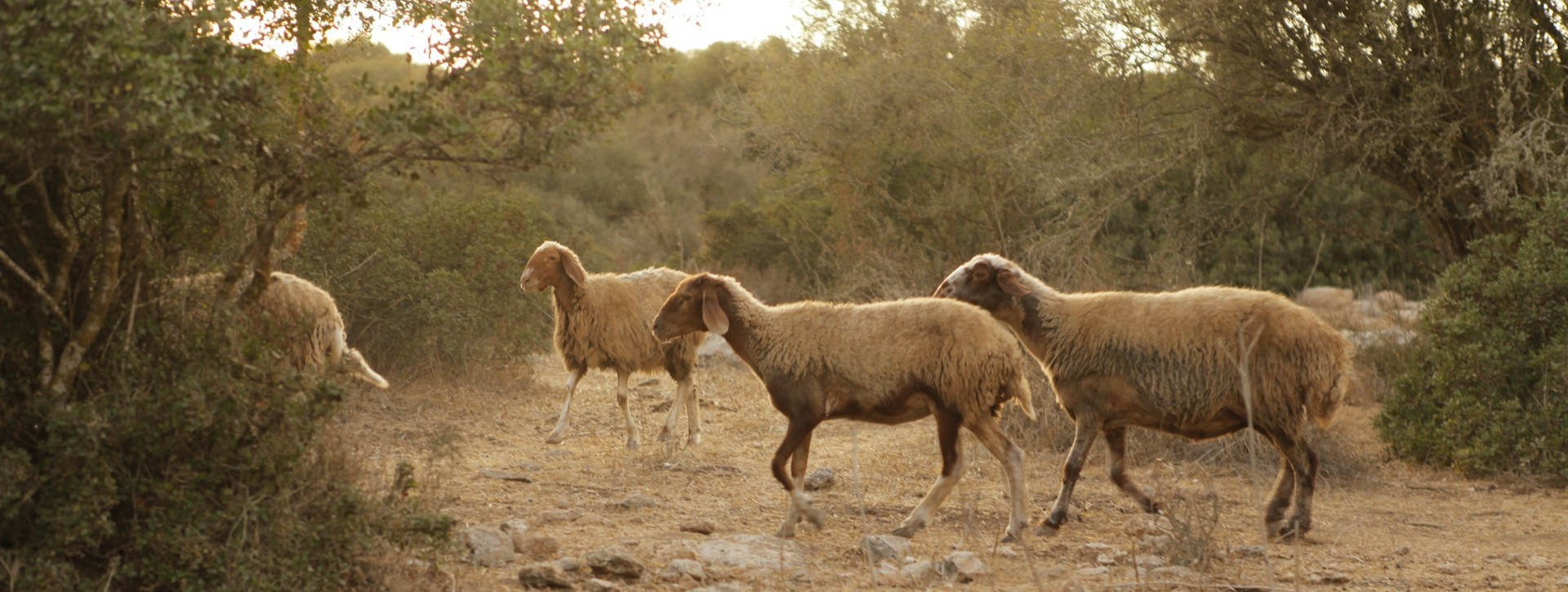
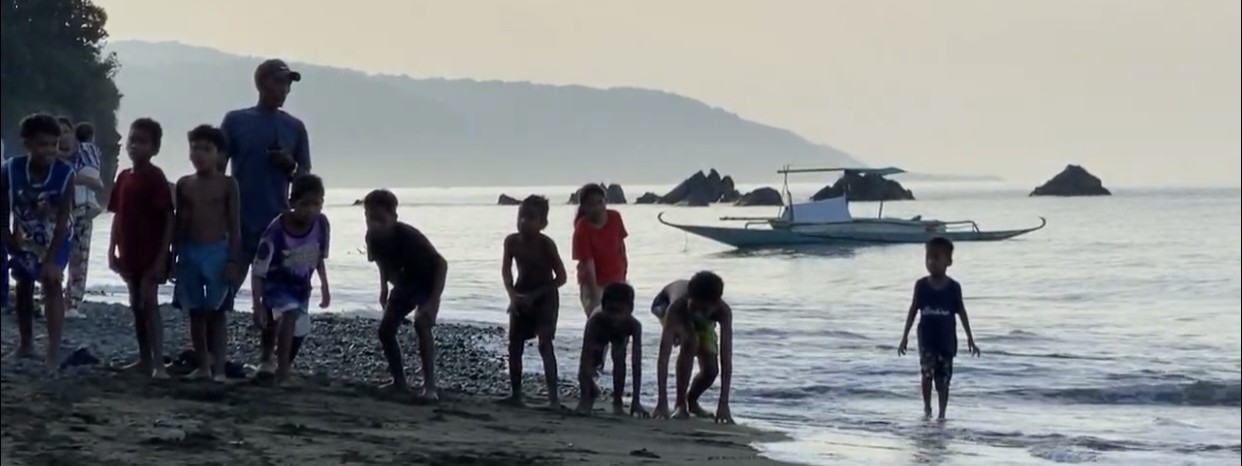
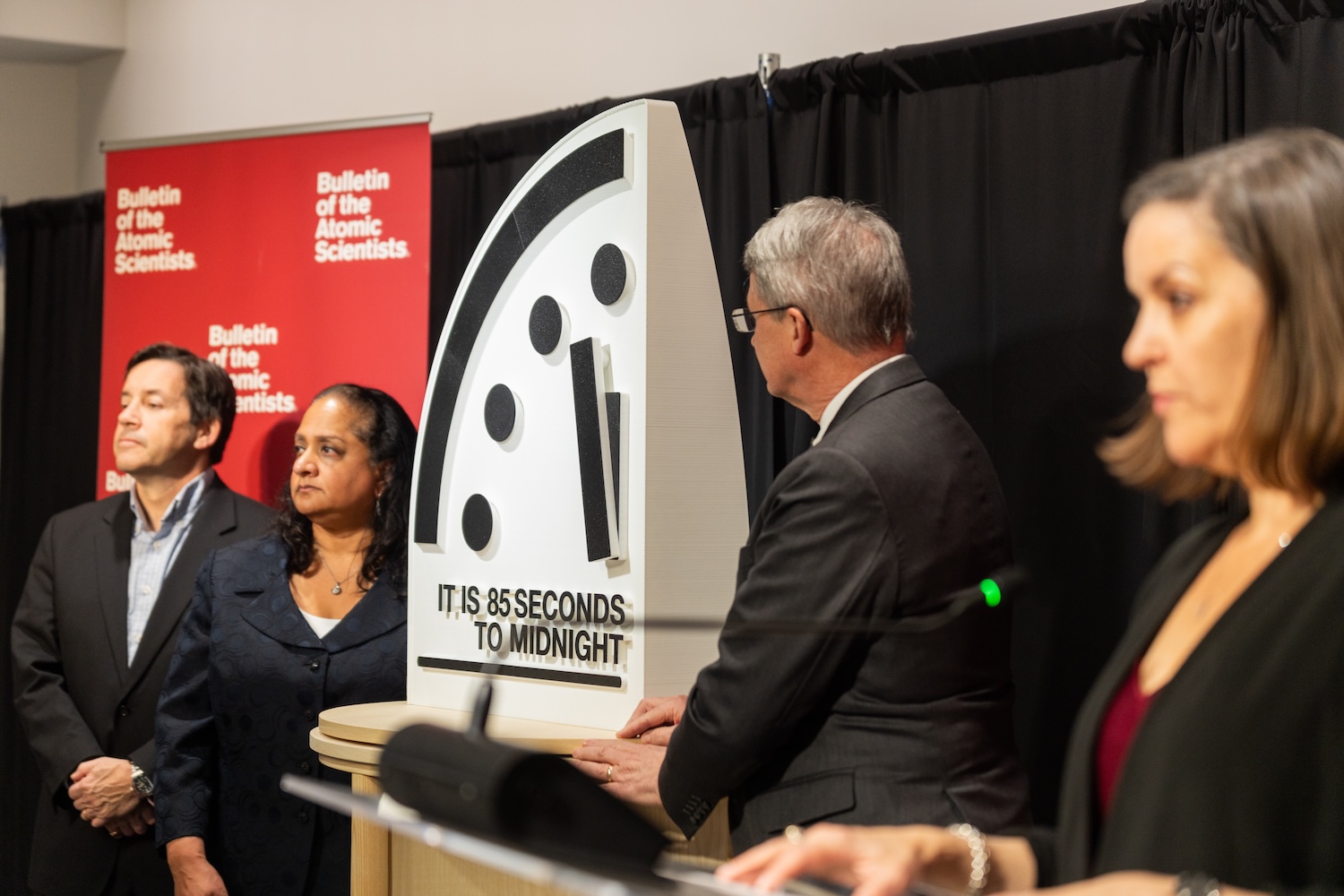
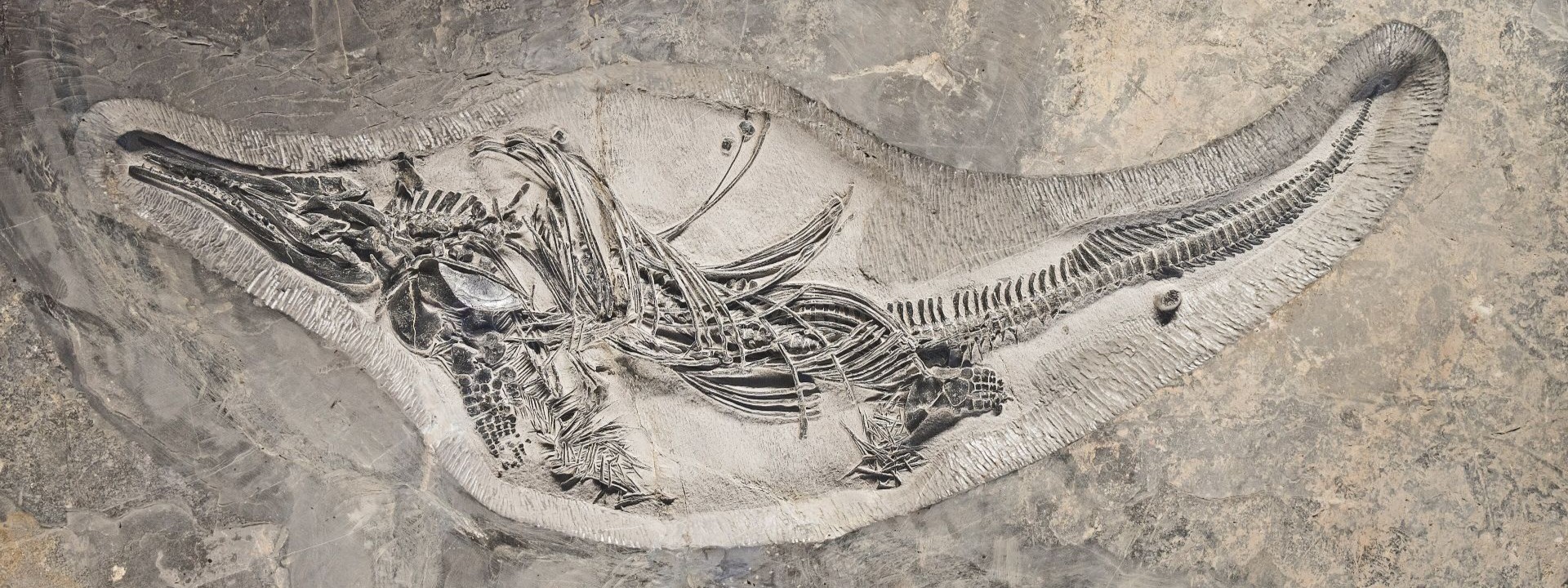
Share your thoughts with us